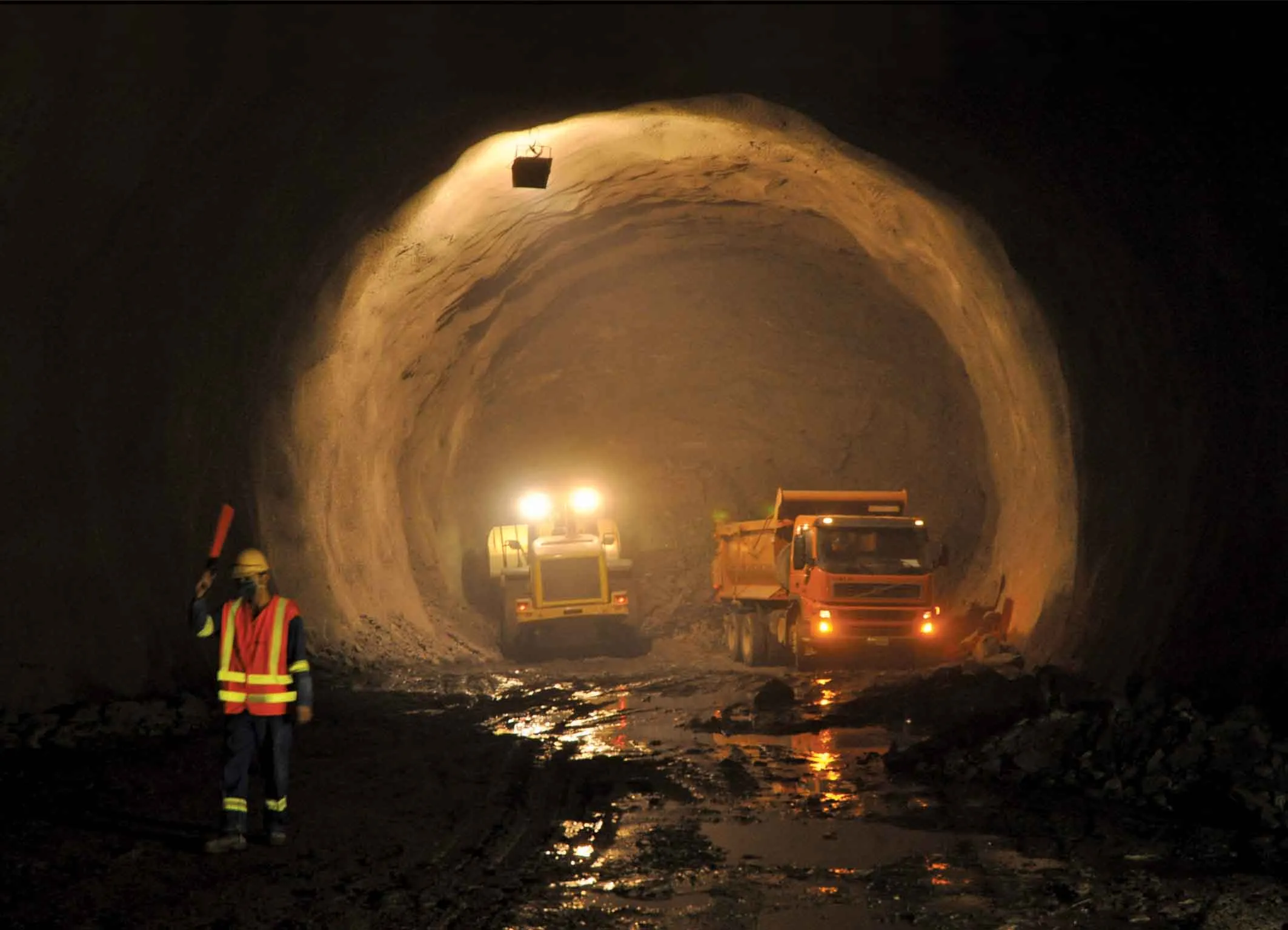Czech Transport Minister Pavel Dobes believes a recent amendment to the land expropriation law, which has been approved by the Czech Senate in November 2012, will reduce the cost of current construction projects by 10%-15%. The ministry is also said to be keen to further lower the price of motorways construction by reducing the number of exits and interchanges, and will require a financial support from those municipalities which will want their own motorway exits.
November 21, 2012
Read time: 1 min
Czech Transport Minister Pavel Dobes believes a recent amendment to the land expropriation law, which has been approved by the Czech Senate in November 2012, will reduce the cost of current construction projects by 10%-15%.
The ministry is also said to be keen to further lower the price of motorways construction by reducing the number of exits and interchanges, and will require a financial support from those municipalities which will want their own motorway exits. In order to strengthen the position of the state and the public road management company RSD during the public procurement tenders, the ministry intends to change RSD's status from a state contributory organisation to a state enterprise.
The ministry is also said to be keen to further lower the price of motorways construction by reducing the number of exits and interchanges, and will require a financial support from those municipalities which will want their own motorway exits. In order to strengthen the position of the state and the public road management company RSD during the public procurement tenders, the ministry intends to change RSD's status from a state contributory organisation to a state enterprise.







